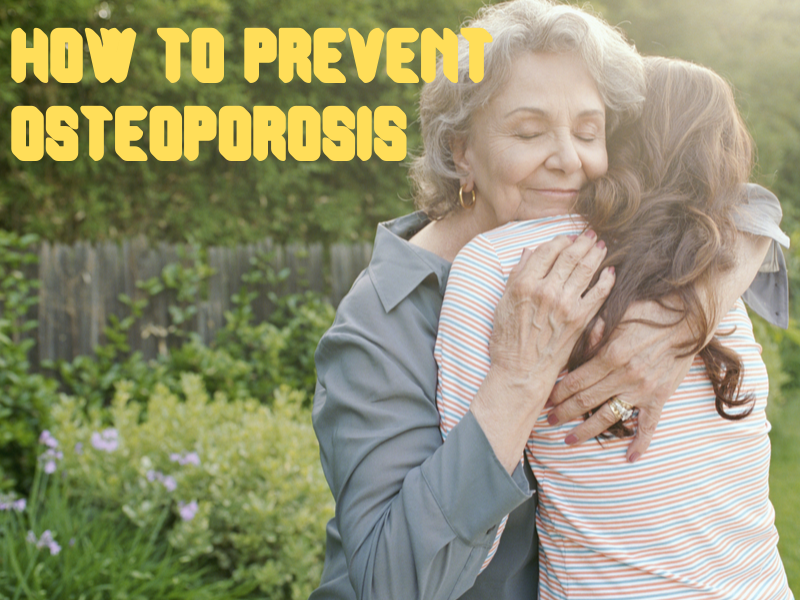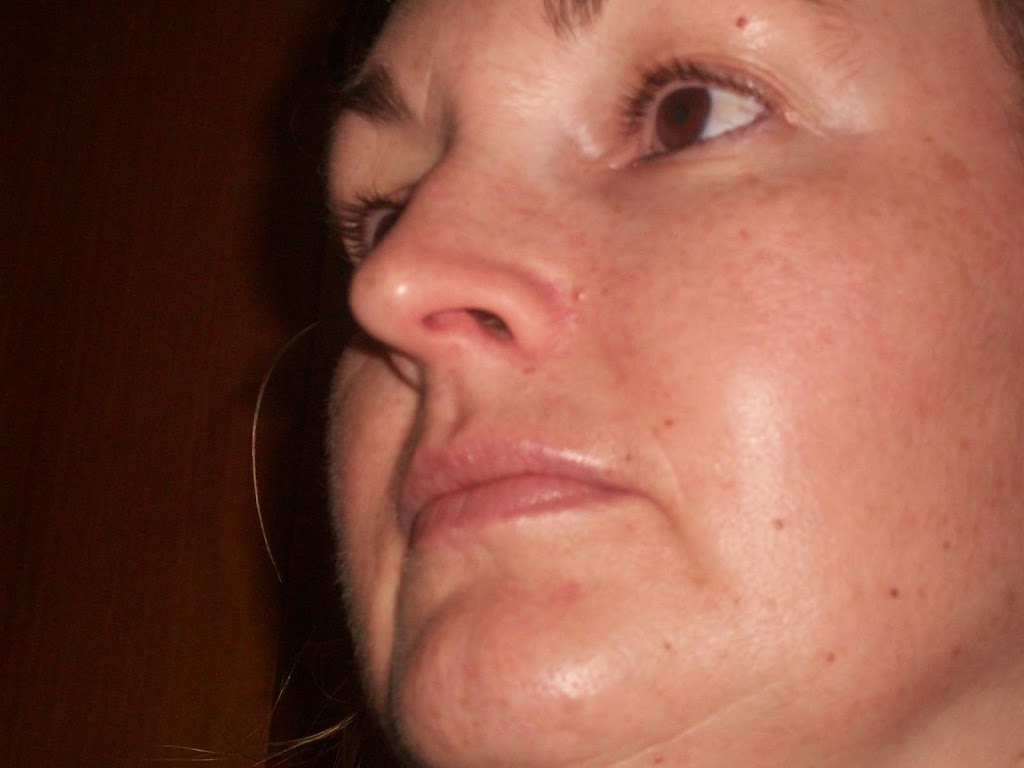
10 Ways to Prevent Osteoporosis Now!
How to Prevent Osteoporosis post may contain affiliate links as a service to readers.
According to the American Orthopaedic Association, more than 30 million Americans have a pronounced risk for developing osteoporosis, or low bone density. So, learning how to prevent osteoporosis should be top of mind for many people. Although women over the age of 65 are more likely to develop osteoporosis, this serious health problem affects men as well, and impacts nearly 10 million adults in the United States.

In Canada, those statistics are also high. Two million Canadians are affected by osteoporosis. An estimated 1 in 3 women and 1 in 5 men will suffer an osteoporotic fracture during their lifetime! Even more reasons to monitor bone health and make good lifestyle choices too.
Table of Contents
How to Build Strong Bones
But there are steps that can aid in preventing weak bones and lowering the risk of severe bone fractures. Here are a few steps that can help you to build stronger bones and achieve better bone health.

Ten Ways to Prevent Osteoporosis and Nurture Better Bone Health
Get Moving
Studies show routine exercise is the most effective way to increase and maintain bone density. A regimen of brisk walks and resistance, weight-bearing exercises, such as aerobics and weight-lifting, can preserve and greatly improve bone health. Get outside more. Take more walks. Always opt for the stairs when that’s an option. Small lifestyle changes can help increase your healthy activity and potentially prevent osteoporosis.
Exercise
Try to get moving and exercise more on a daily basis! If you know me, then you know that this is one of my missions in life. I strive to get to the YMCA several times a week for my workouts. Weight bearing activity can be very beneficial for bone health.
Consume More Vitamin D
Osteoporosis is not as widespread in men as in women because the male hormone, testosterone, stimulates the formation of new bone. However, since vitamin D is an essential factor in the body’s ability to absorb calcium (and everyone needs calcium to maintain strong, healthy bones), both men and women could benefit from increasing their daily consumption of vitamin D to the recommended dose of 800 to 1,200 international units (IU).
In countries like Canada, much has been written about the lack of sunlight and vitamin D and impact on health. So consider adding vitamin D to your regular daily routine in order to prevent osteoporosis.

Increase Calcium Intake
The National Institutes of Health (NIH) suggests an increase in calcium intake for anyone over the age of 50. Since calcium plays such a vital role in overall bone health, it is recommended that adults take 1,200 milligrams of calcium daily, in two to three divided doses. This can help prevent osteoporosis.
Get The One I Take Now – >
This is the Calcium and Vitamin D supplement I take daily and like a lot actually because it also has magnesium in it.
Easy Foods to consume that are loaded with calcium are: almonds, milk, yogurt, cheese, broccoli, seeds, beans and lentils. Here’s a more comprehensive list of calcium rich foods.
Decrease Alcohol Consumption
While a little alcohol in moderation is usually fine for most individuals, consuming more than three drinks a day can have detrimental effects on bone density in the long term. Chronic and heavy drinking disrupts the body’s ability to heal bone fractures and can even suppress the formation of new bone. Let’s be honest here – if you are having more than three drinks a day your health will be impacted. Time to reevaluate.
Stop Drinking Completely
Additionally, scientific studies show that, over time, there is a greater chance for actual bone loss recovery after someone stops drinking completely.
Quit Smoking
Cigarette smoking is not good for anyone, period. People who are concerned about maintaining good health need to quit. When it comes to preventing osteoporosis, smoking increases the risk for weak bones in many ways. Toxins from tobacco disrupt the natural balance of hormones that are necessary for bone health and for building strong bones.
Specifically, research points to the adverse effect smoking has on calcitonin, a hormone which contributes to bone formation. Smoking cessation has a positive impact on bone density and overall bone health. Stop smoking now. If you are struggling to quit smoking talk to your doctor or pharmacist about a stop smoking program or tool.
Talk to a Doctor
One note of caution about implementing any of these suggestions: Consult a medical professional first. Before making any drastic changes in diet or embarking on any physical fitness routine, check with a doctor. Ask about bone density testing, if you are concerned, and especially if you have a family history of osteoporosis. Also if, as a child, you had a specific illness that was treated by steroids you may be at higher risk. I was diagnosed with osteoporosis in my twenties due to medications I had to take as a teenager for Crohn’s disease.
X-ray absorptiometry test
The dual-energy X-ray absorptiometry test is one of the most accurate bone loss detection and diagnostic tests available. Investigate medication options if necessary.
A Role for Medicine
Consult your doctor or specialist as some medicines may help lessen risk of bone loss, contribute to bone formation. This might be an essential step to decrease any chance of debilitating bone fracture. In my late 20s I took a medication to support better bone health. I am not on that drug anymore.
A Final Word About Bone Health
Bone density is something that can be improved with diligence. Osteoporosis does not need to be inevitable if measures are taken to increase bone health.


